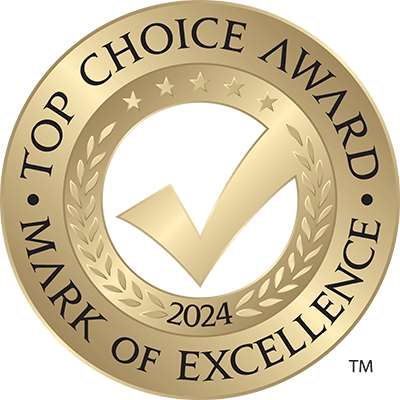What is High Definition Vision®?
Our promise is to help you achieve your best possible vision. Herzig Eye Institute’s High Definition Vision® solutions are about achieving a level of vision, most often better than with glasses or contact lenses.
At Herzig Eye Institute our commitment is to provide each patient with their best possible vision in a safe environment, through superior surgical treatments and the highest level of patient care.
We utilize the most advanced vision correction technologies available to provide you with your best possible vision.
What are advanced diagnostics, and why are they important for determining the right procedure?
What’s the purpose of a lifestyle questionnaire for patients over the age of 40?
Your Comprehensive Eye Examination
In order to determine which High Definition Vision® procedure is right for you, our surgeons utilize the most advanced diagnostic equipment available. The results of your advanced diagnostics will be reviewed by a surgeon to match the right procedure to your eyes. Based on the results of your tests, you may fall into one of the following vision correction lanes: laser vision correction (ZEISS ReLEx SMILE, LASIK, PRK), intraocular (ICL, RLE), cataract, or presbyopia.
In addition to your advanced diagnostics, thorough eye exam, and consultation, a lifestyle assessment is conducted. This lifestyle assessment effectively gathers information about your vision goals post-operatively. If you’re an avid reader, cook, tennis or golf player, or simply want better driving vision, we make sure to take it into consideration when determining the right procedure – or lens option – for you.
The following diagnostic tests* may be completed during your consultation appointment:
*If your doctor has sent a referral, you may not require all of the above tests, as some may have already been completed.




